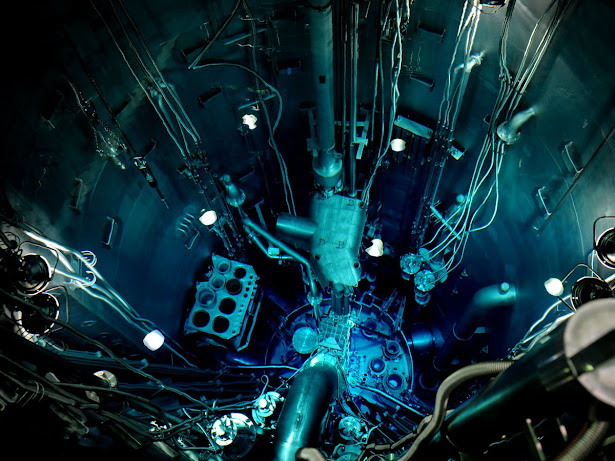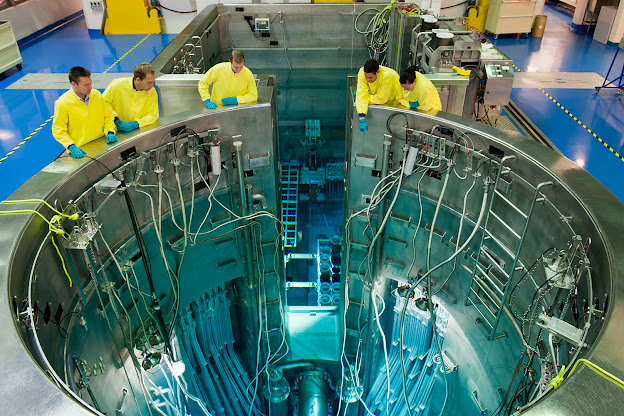Although the passage of time seems completely linear to us, scientists have long assumed that time can flow in more than one direction. The theory will soon be proven - or refuted - in Australia’s only operating nuclear reactor.
In 2018, Joan Vaccaro, a professor at Griffith University, published The Quantum Theory of Time, the Block Universe and Human Experience, one of the interesting claims of which is that change in things is not a feature of nature but a break in the symmetry of time reflection that in physics it is called a T-violation. The fact that time seems to be flowing in one direction is only because we have only been able to observe it so far. According to Vaccaro, if his assumption is correct, it may not only rewrite our previous conceptions of time and space, but also basic physical laws such as the law of mass survival.
Erik Streed, a professor at Griffith University’s Center for Quantum Dynamics, will soon find out if his colleague is claiming his colleague’s claims at Australia’s only operating nuclear reactor, OPAL (Open-pool Australian lightwater reactor) near Sydney, to see if he’s right. el. Because OPAL is a so-called research reactor that is not used to generate electricity, it provides the perfect terrain for the experiment, as researchers have the ability to turn the reactor on and off, which is essential for this experiment.
“According to the practical side of the theory, if there are enough neutrinos in an area, such as in a nuclear reactor, the passage of time can change,” Streed explained to the Brisbane Times. Why they chose a nuclear reactor. Although Streed says the Sun would also be an excellent source of neutrinos, they can’t turn it on and off as they please. The professor and his staff arrived at OPAL with high-precision atomic clocks from the Australian Government's National Institute of Measurement, which were placed at various points in the reactor, so they could prove beyond a shadow of a doubt whether Vaccaro's theory was correct. and over time, it may prove that neutrinos do have an effect on time. However, Streed adds that if the experiment were to yield positive results, it would still be just the beginning, as the effect of neutrinos would have to be demonstrated elsewhere, including in several other reactors.
( Tech Times)


